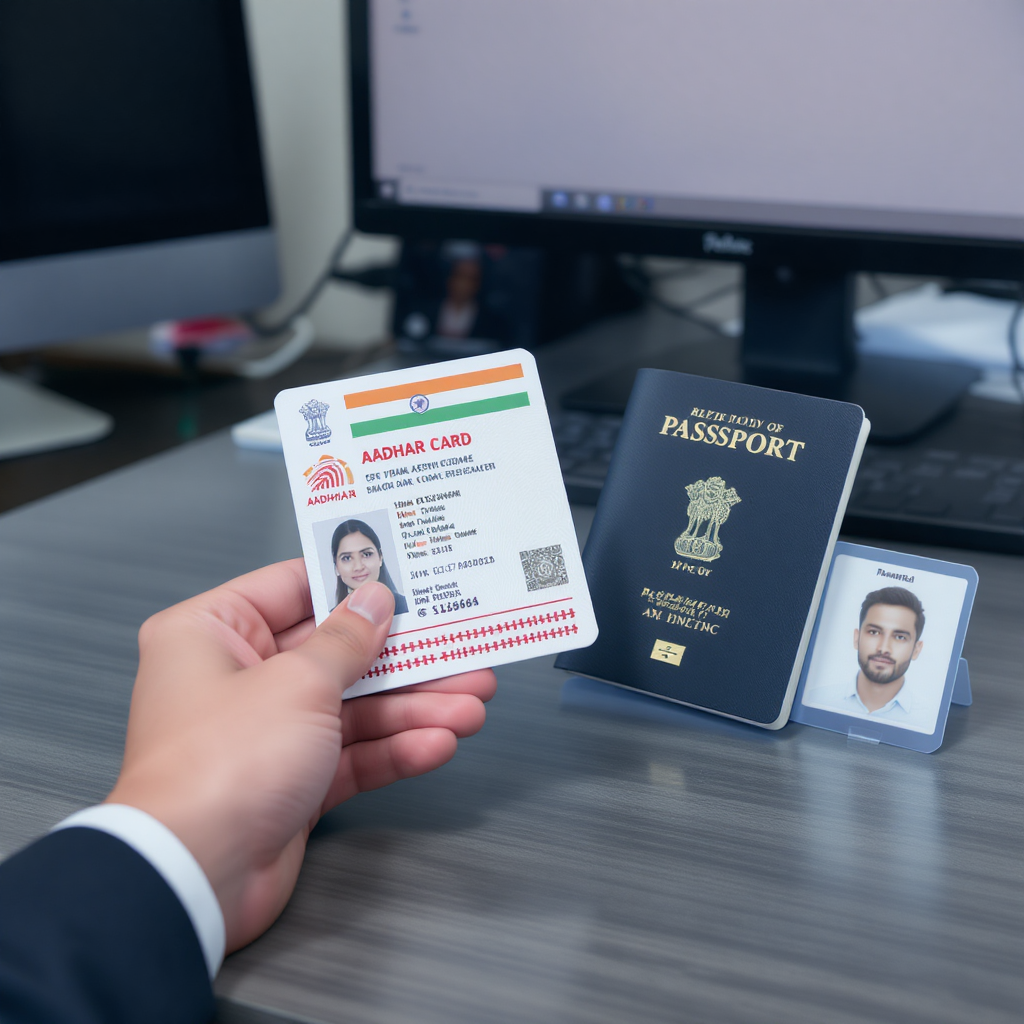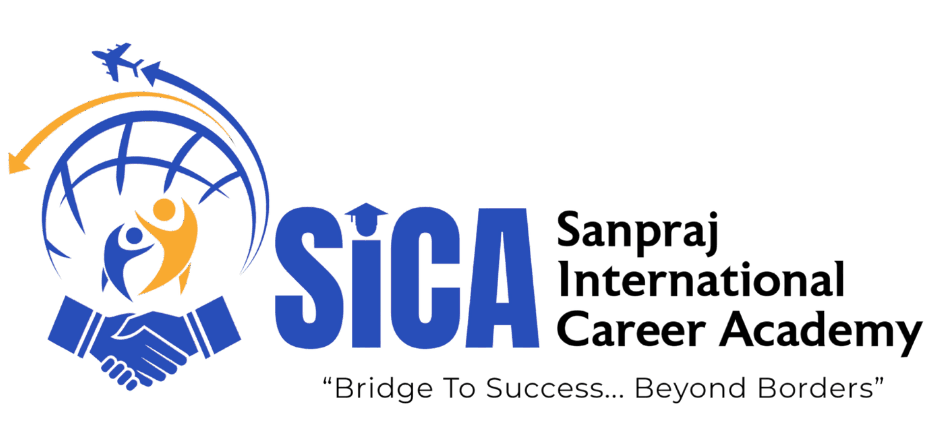Germany offers one of the best opportunities for students and professionals seeking international careers. With rising demand for healthcare staff, especially nurses, many are looking for Germany Student and Work Visa Guidance to make the process smoother. Whether you are applying as a student or a healthcare worker, understanding visa steps is essential for success.
Why Apply for a Germany Visa?

- High-quality education: Germany offers globally recognized universities and nursing programs, making it one of the top destinations for students seeking world-class education. With proper Germany Student and Work Visa Guidance, applicants can access a smooth admission and visa process.
- Attractive career opportunities: The country has a significant shortage of healthcare professionals, especially nurses. This creates excellent career openings for international candidates who follow the right student and work visa guidance for Germany.
- Residence pathway: Securing a student or work visa is not just about short-term opportunities. With consistent employment, this visa can eventually lead to permanent residency and long-term stability in Germany.
- Strong economy & lifestyle: Germany is known for its strong economy, safe cities, and welcoming culture. International students and professionals enjoy a high quality of life, modern infrastructure, and a supportive environment.
- Affordable education and training: Compared to many other countries, tuition fees and training costs in Germany are relatively lower, while the return on investment in terms of career growth is very high.
- Supportive immigration policies: With clear visa pathways and transparent processes, Germany provides a structured system that helps students and professionals transition into their education and careers smoothly.
7-Step Germany Student and Work Visa Guidance
1. Collect All Required Documents
To apply for a Germany student or work visa, you must have:
- Valid passport
- Nursing degree or student admission letter
- Proof of financial stability (bank statement or sponsorship)
- German language proficiency certificate (B1/B2 for nursing, B2–C1 for university)
- Health insurance
2. Translate & Authenticate Your Documents
All documents must be translated into German and officially notarized or apostilled. Without authentication, applications may face rejection at the German embassy.
3. Recognition of Nursing Qualifications (for Work Visa)
For nurses, Germany requires qualification recognition (Anerkennung). This ensures your nursing degree matches German standards. If not fully equivalent, you may need to complete an adaptation or training course.
4. Apply for University or Nursing Jobs
- Students: Apply to German universities or training schools (Ausbildung).
- Nurses/Workers: Create a professional German-standard CV and apply to hospitals or healthcare providers.
Most employers conduct online interviews before issuing an offer letter.
5. Sign Your Contract or Admission Letter
Once you receive a job contract (work visa) or admission letter (student visa), you are ready for the visa application. Nurses may also need to register for adaptation courses before starting work.
6. Apply for Germany Visa at Embassy
Submit your application to the German embassy or consulate in your country. Required documents usually include:
- Employment contract / university admission letter
- Verified degree & translations
- Proof of funds (bank account or sponsorship letter)
- German language proof
- Health insurance
7. Attend Embassy Interview & Get Visa Approval
You will attend a personal interview at the German embassy. Once approved, you’ll receive your Germany student or work visa, allowing you to enter Germany and begin your education or career.
Eligibility for Germany Student & Work Visa
- For Students:
- University admission letter or Ausbildung confirmation
- Proof of blocked account or sponsor
- German language certificate
- For Nurses / Workers:
- Nursing degree or diploma
- Recognition of qualifications in Germany
- German language (B1–B2)
- Employment contract
Professional Guidance for Germany Visa Success
Applying for a German visa can feel overwhelming, especially for healthcare professionals. Partnering with immigration experts or agencies ensures smooth documentation, translation, and embassy appointments.
For official information, you can visit the German Embassy Visa Information.
To make the process easier, we also provide dedicated support through our Visa Assistance Services and detailed Study Abroad Guidance.
Final Thoughts – Build Your Career in Germany
With proper Germany Student and Work Visa Guidance, students and professionals can unlock rewarding opportunities. Germany provides not only quality education but also one of the strongest healthcare job markets in Europe.
By carefully following the 7-step process—from collecting documents to embassy approval—you can successfully secure your German visa and begin your career or studies abroad.
